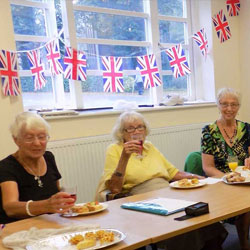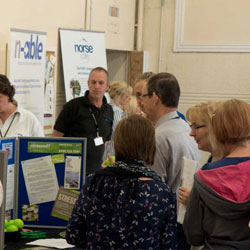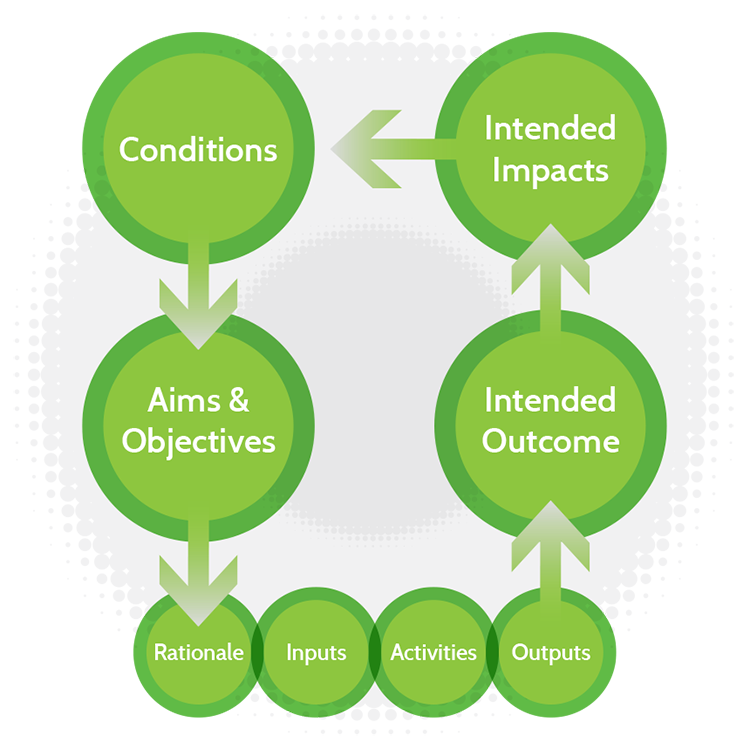Service Transformation
Conditions
Changes to funding for advice provision, reductions and changes to core statutory services, and an ever increasingly competitive funding environment, mean that statutory services will need to find ways to better engage with the communities they serve, and find different ways to deliver those service so that they are more resilience building, thus reducing long-term dependency. Voluntary sector organisations that are providing services to the community need to be skilled, and supported, to do this effectively, and also need to look at ways that they can transform their service delivery models to be embedded in communities and resilience building.
Aims & Objectives
The services provided by local organisations (specialist services, local employers, commissioners and grant making bodies) will be transformed by recognising and valuing the benefit of working with communities.
Rationale
- Increasing pressure on services of all types, and from all sectors, means that a different approach is needed to meeting the needs of our community.
- By taking a place-based approach to services working together, resources and funding can be deployed more effectively, and can build stronger communities less reliant on those services because they have the personal and community capacity to do more themselves.
Inputs
8 Big Lottery Funded Posts
- 3 x Life Connectors
- 2 x Multi-Disciplinary workers
- 1 x Service Transformation Lead
3 x GYBC funded Neighbourhood Managers
Activities
- 1-1 personal development coaching, focusing on setting manageable goals, identifying new coping strategies, and adopting behavior changes.
- Establish and promote the single point of contact for the NTW team.
Upskilling NTW and other multi-agency project staff in strengths focused community development principles.
Outputs
- 400 people supported to overcome at least one personal challenge, 2000 maintaining first-time involvement in community activity / employment.
- 800 people experience smooth, seamless referrals into services through single contact point, 400 report improved well-being through having issues addressed.
- 15 specialist services report 80% decrease in duplication.
Intended Outcomes
Commissioners and grant-making bodies will report that their activity has become more responsive to local need
Intended Impacts
- Service providers drive forward a transformation agenda, with sustainable reductions made to costly and time-consuming duplication, including overlapping back office functions.
- Advice and guidance becomes embedded within communities; re-defining the relationship between residents with complex needs and service providers.
The bigger picture

Community Resilience
Working directly with communities to strengthen networks and capacity at a grass roots level.

Employment Skills and Economic Development
Supporting those residents furthest from the labour market to improve skills and access jobs.

Theory Of Change
Our unique theory of change recognises that connections and encounters can together affect positive change, increasing resilience and building better communities.

